Read the latest Gesher Gazette below! Please click on the link below to view the video links.
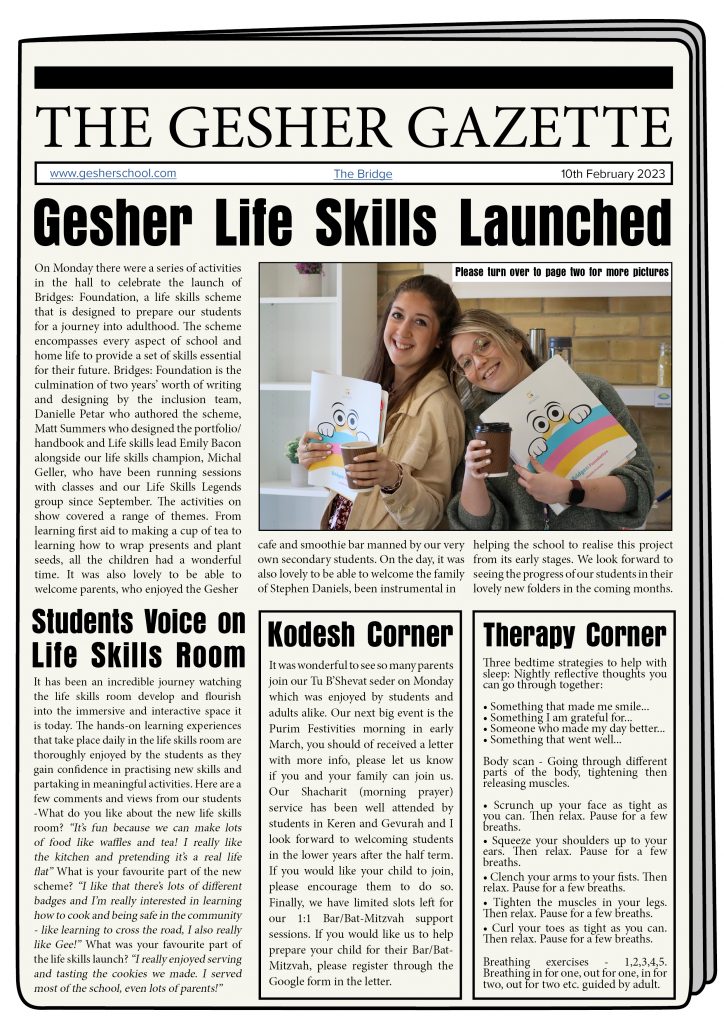
Click on the link below to view the latest Gesher Gazette:
Read the latest Gesher Gazette below! Please click on the link below to view the video links.

Click on the link below to view the latest Gesher Gazette:
There are many myths and stereotypes when it comes to ADHD. Even the name is misleading. People tend to think of ADHD as having a lack of attention but in fact they do not have a deficiency in attention, but an abundance of it! The difficulty is in not being able to control this attention. (https://mashable.com/article/what-is-adhd-myths-stigma)
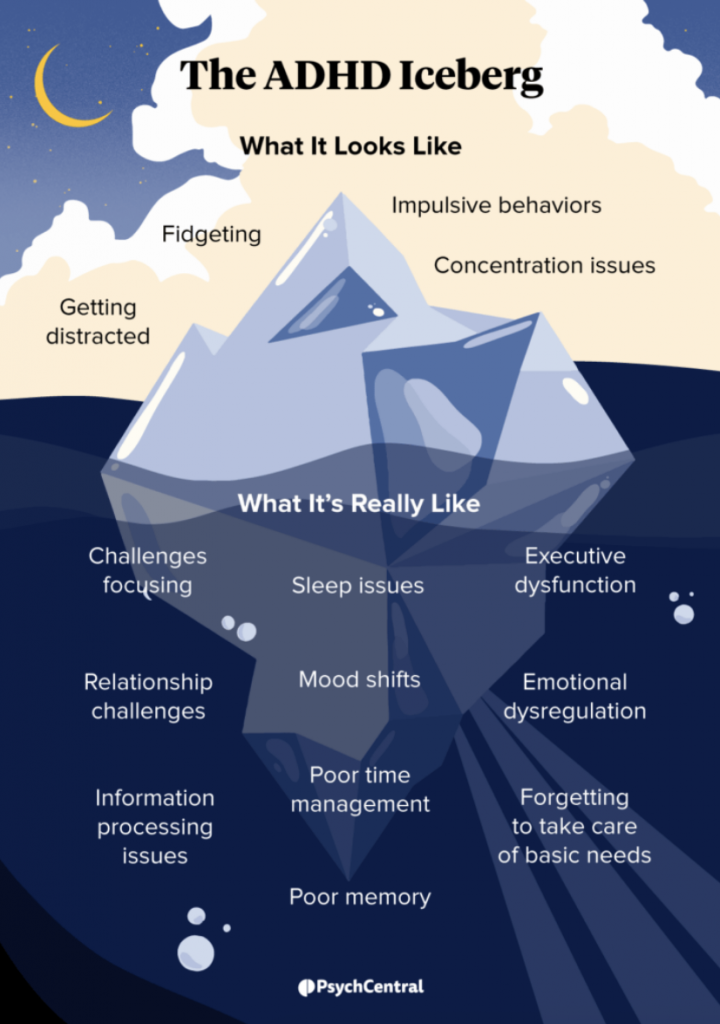
It is important to acknowledge and fully understand the difficulties faced so that the necessary supports and accommodations can be in place but we must also recognise the strengths that having a neurodivergent brain offers.
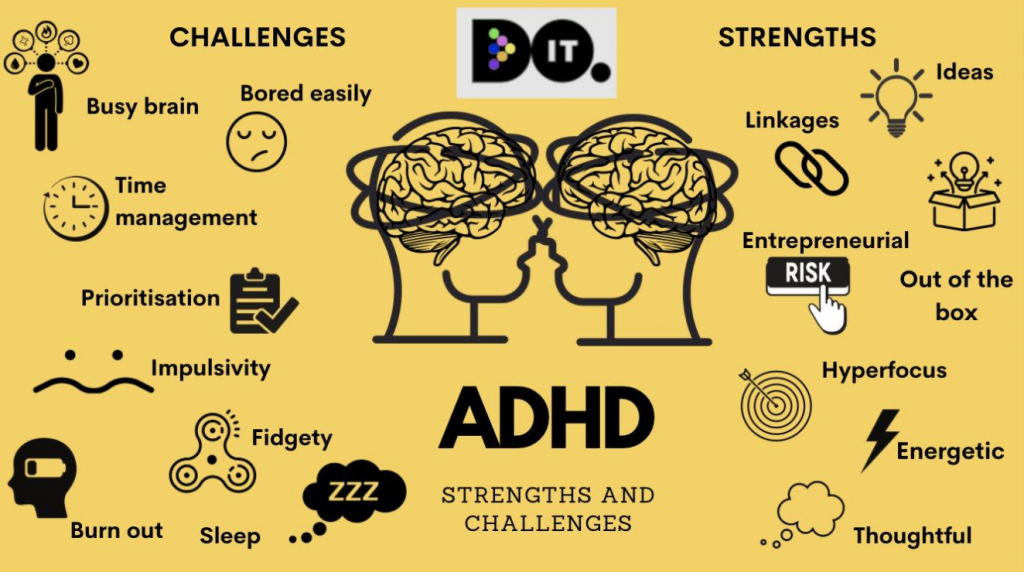
Here is one ADHDer’s personal story of success – Jessica Mccabe has her own YouTube ADHD channel. Click on the link to hear her story.
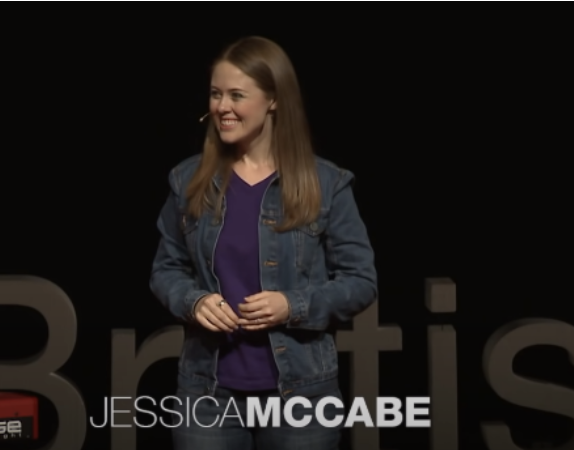
Failing at normal – one person’s success story
ADHD and Autism
Research suggests that 50-70% of autistic people are also ADHD. There are characteristics that overlap but also that often contradict each other.
Websites
Try this link for older students where you can sign up for free https://www.mindomo.com/ or to create simple to more complex ones for all students: https://www.canva.com/graphic-organizers/templates/
Pupils with dyslexia also have skills such as a strong memory for stories, a wonderful imagination, great spatial reasoning and can think outside the box! You can find more details at Dyslexia Help.
Read the latest Gesher Gazette below! Please click on the link below to view the video links.
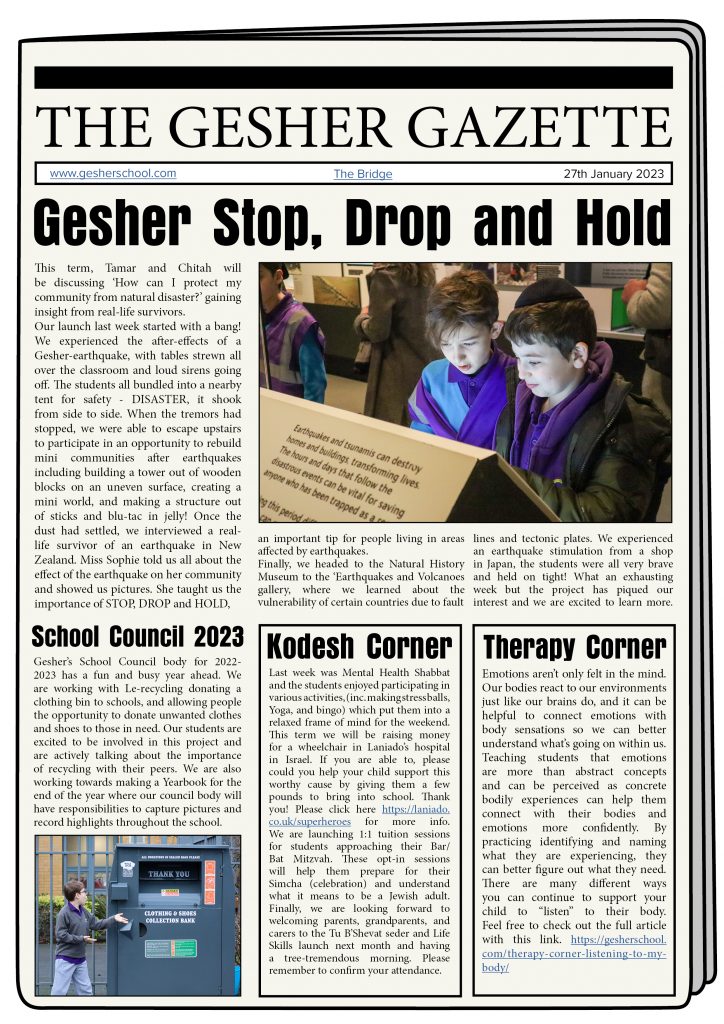
Click on the link below to view the latest Gesher Gazette:
Emotions aren’t only felt in the mind. Our bodies react to our environments just like our brains do, and it can be helpful to connect emotions with body sensations so we can better understand what’s going on within us.
What is Sensation?
Sensation refers to the process in which information is taken and interpreted by the human brain. In order to take in information, the human body is equipped with five senses, which we are taught from childhood: sight, smell, taste, touch, and hearing. Even from a young age, we know to “use our senses” to investigate, enjoy and experience the world around us.
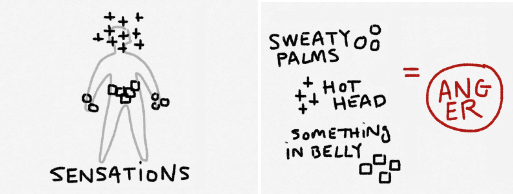
What is Feeling?
Feelings can be understood as mental experiences of body states. Feelings can be of such diversity ranging from love, happiness, contentment to anger, bitterness and even rage. They alert us as to how we feel. If a person is feeling depressed, this feeling makes us aware of our situation. Feelings are connected to so many aspects such as our emotions, thoughts, moods and even sensations. Psychologists believe that feelings are often very subjective. They can be influenced by the memories, personal experiences, and beliefs that people have.
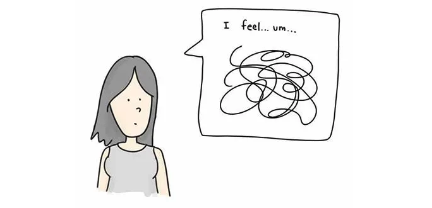
Learning How to Connect Emotions and Body Sensations
By teaching students that emotions are more than abstract concepts and can be perceived as concrete bodily experience, it can help them connect with their body and emotions more confidently. By practising identifying and naming what they are experiencing, they can better figure out what they need.
Below are a few strategies and activities intended on helping children develop an awareness of what their bodies are telling them. A list of sensations and feeling words is also provided below to give students the language to describe what they are experiencing.
I recommend reading the book with your child: Listening to my body: A brief guide to understanding the connection between sensations and feelings by Gabi Garcia, from which some of the information and inspiration in this article is taken.
1) There are many different ways you can continue to support your child to “listen” to their body. You can:
2) Body scan intervention:
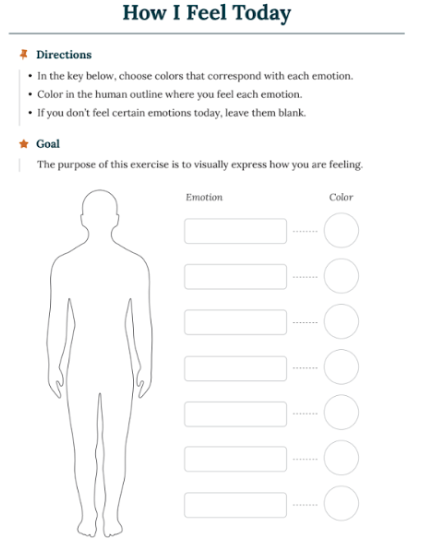
3) Below are a list of sensations that may be helpful to practise identifying and naming what they are experiencing:
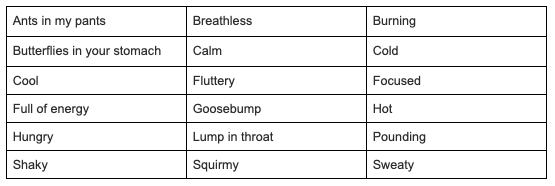
4) Below are a list of feeling words that may be helpful to practise identifying and naming what they are experiencing:

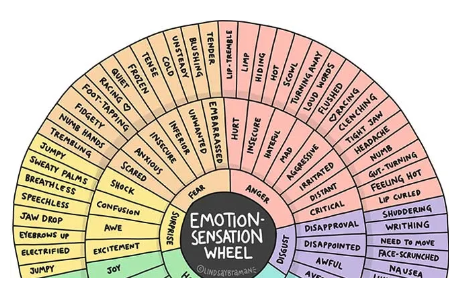
References:
Books:
Websites:
What are Emotions, Feelings and Sensations? Composite or Hierarchical models? (https://emotionallyvague.wordpress.com/2014/10/23/what-are-emotions-feelings-and-sensations-composite-or-hierarchical-models/)
100 Art Therapy Ideas and Prompts (https://www.alternativetomeds.com/blog/art-therapy-ideas/)
Learning How to Connect Emotions and Body Sensations (https://www.hope-wellness.com/blog/learning-how-to-connect-emotions-and-body-sensations)
Difference Between Sensation and Feeling (https://www.differencebetween.com/difference-between-sensation-and-vs-feeling/)
Read the latest Gesher Gazette below! Please click on the link below to view the video links.
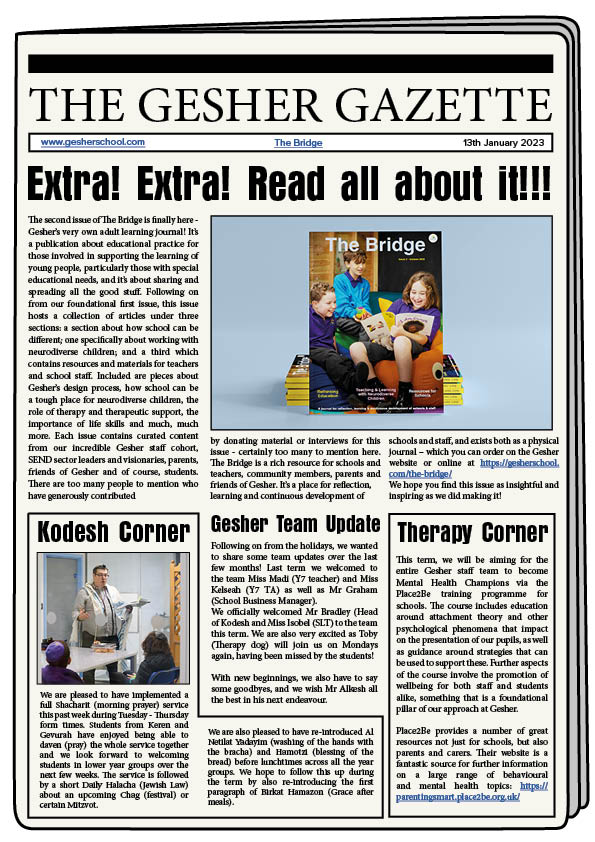
Click on the link below to view the latest Gesher Gazette:
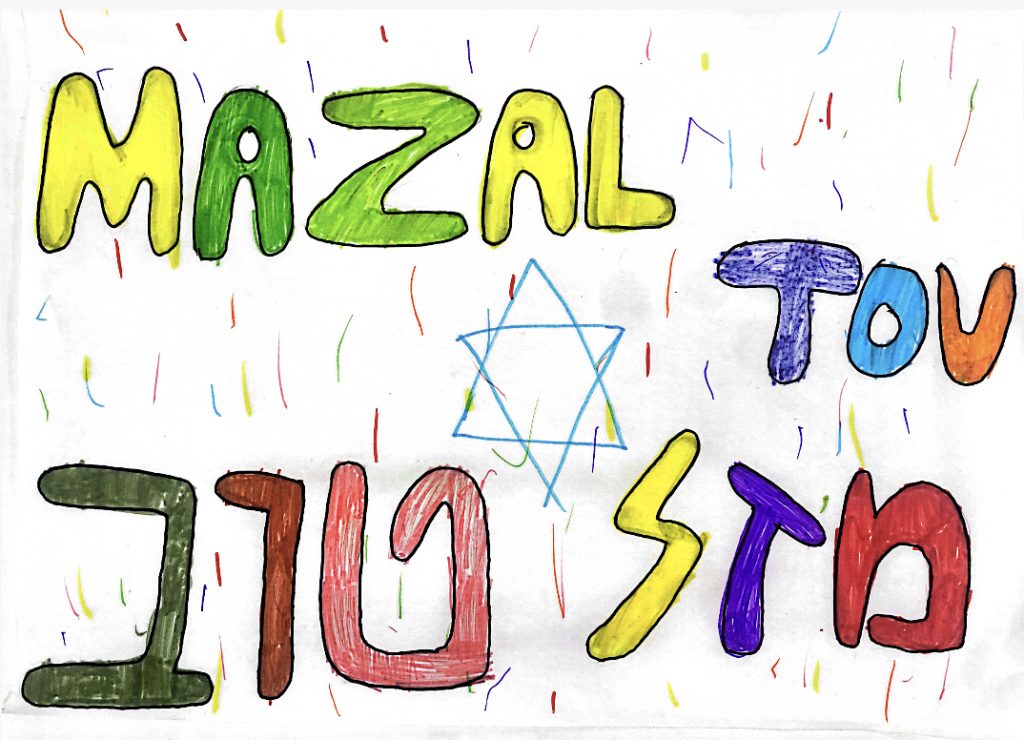 Last year was an enormously busy year for us at Gesher and for our community as a whole. As we start 2023 and reflect on the achievements of 2022 there are two members of the Gesher community we would like to extend a special congratulations to. Firstly, Rama Venchard, our Chair of Governors, who received an MBE in King Charles II’s first New Years Honours List for his services to education. And secondly, Chief Rabbi Ephraim Mirvis, who has received a knighthood in recognition of his interfaith initiatives, work with the Jewish community, and involvement in education programmes, of which we at Gesher have been lucky enough to be a part of. Mazal tov from Gesher!
Last year was an enormously busy year for us at Gesher and for our community as a whole. As we start 2023 and reflect on the achievements of 2022 there are two members of the Gesher community we would like to extend a special congratulations to. Firstly, Rama Venchard, our Chair of Governors, who received an MBE in King Charles II’s first New Years Honours List for his services to education. And secondly, Chief Rabbi Ephraim Mirvis, who has received a knighthood in recognition of his interfaith initiatives, work with the Jewish community, and involvement in education programmes, of which we at Gesher have been lucky enough to be a part of. Mazal tov from Gesher!
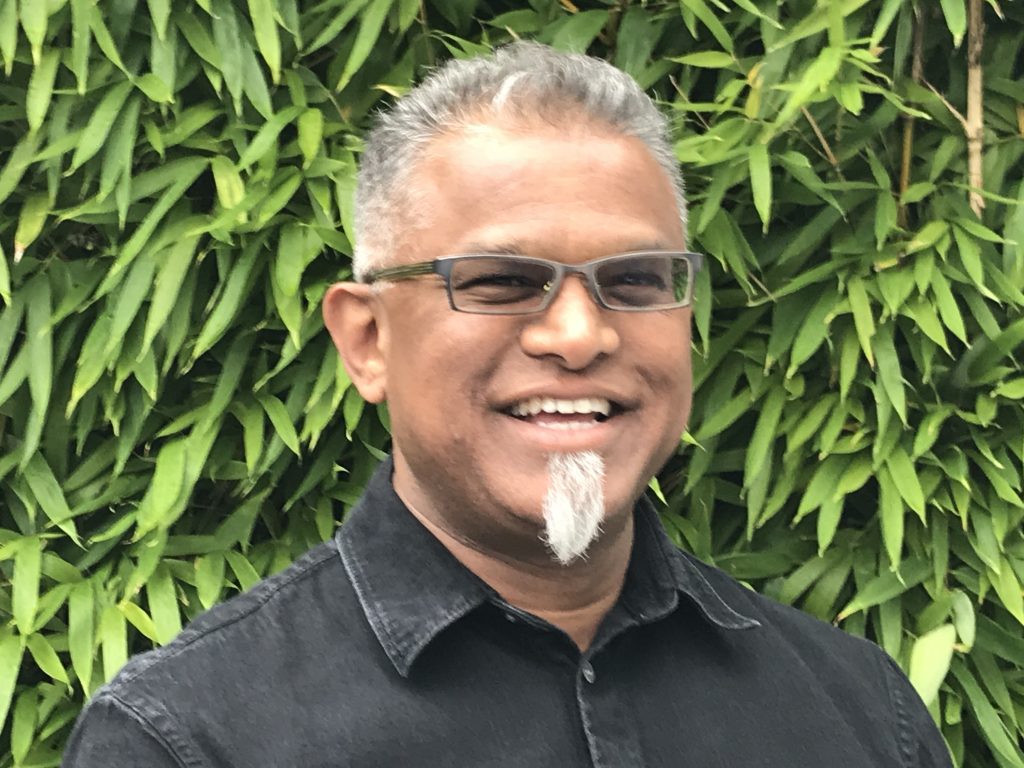
Rama Venchard MBE, Gesher Chair of Governors